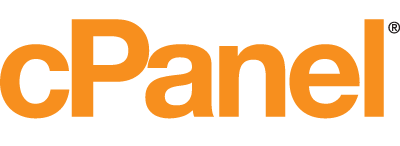Sympa : a mailing lists manager and more
By David Verdin (tusker)
Date: Sunday, 24 August 2014 13:50
Duration: 50 minutes
Target audience: Any
Language: English
Tags: enterprise free group list mailing manager software
You can find more information on the speaker's site:
Sympa is a free mailing list manager originally developed by the French universities. Though primarily designed to address the higher education needs, it widened its audience over its 17 years of existence, to now reach research, NGO and private sector.
This success relies on several features :
A strong support for most email technologies : Automatic bounce handling, advanced mail support (S/MIME signing and encryption, DKIM, DMARC protection).
Sympa also developed an original authorization mechanism based on scenarios, giving administrators an important expressiveness when writing access rules.
It is heavily oriented towards information systems integration. It is possible to populate lists with external data sources such as RDMS or LDAP.
Authentication can be delegated to a third party service such as CAS, Shibboleth or LDAP.
From a development project point of view, Sympa evolved over the last two years. It has always been a free software (GPL v2) ; however, the software development remained centralized within RENATER, the public service holding the project. Several efforts are engaged to extend the developers community : A large refactoring that will produce the 7.0 version, moving to a git repository and, maybe the most important thing, the constitution of a core developers team from beyond the original Sympa community. Coming to the YAPC is obviously a disguised attempt at enlarging this community by luring innocent developers in our net. Mwahahaha...
The aim of this talk is :
- to present the main Sympa features in an enterprise context, to let the audience apprehend the particularities of a mailing list and group manager as well as the involved technologies.
- to present Sympa as a long-term software project in Perl, its current organization and the evolutions that the refactoring will offer to future contributors. We will also present the general roadmap for the next couple of years.
Attended by: Stefan Hornburg (Racke), Kamen Naydenov (pau4o), Mark Overmeer (markov), Ivan Baidakou (basiliscos), Jean Forget, Steffen Winkler (STEFFENW),
















 #yapceu
#yapceu







